Enterography is a noninvasive imaging technique that provides doctors with detailed information about the intestines and surrounding soft tissues.
MRI is the preferred method of imaging the intestine. However, for those individuals who cannot undergo an MRI, a CT scan provides the best alternative for the study.
These exams have proven far more effective than traditional barium studies in detecting inflammatory bowel disease, particularly Crohn’s disease and its complications. They also help your physician make decisions about your treatment.
When would I get an Enterography?
Your medical provider may recommend enterography to be appropriate in order to identify and locate:
- the presence of and complications from Crohn’s disease and other inflammatory bowel diseases
- inflammation
- bleeding sources and vascular abnormalities
- tumors
- abscesses and fistulas
- bowel obstructions.
The procedure is considered to be a better imaging method to view soft tissue problems. This test may also help track how well certain treatments are working.
What Will I Experience?
There is a detailed preparation process that must be followed that starts the day before the exam. It is critical that these instructions for drinking and taking of tablets be followed in order to have quality results for the radiologist and the referring physician.
On the day of the exam, you'll be given a contrast material to drink before the test. The test will start about one hour after you complete drinking.
You will be offered earplugs or a headset to reduce the noise of the MRI, which produces loud thumping and humming noises during imaging. MRI scanners are air-conditioned and well-lit. Some of our scanners have music you can listen to during the test.
You will be asked to briefly hold your breath for short periods of time during the test. It is important that you remain perfectly still while the images are being recorded, which is typically only a few seconds to a few minutes at a time. You will know when images are being recorded because you will hear tapping or thumping sounds when the coils that generate the radiofrequency pulses are activated. You will be able to relax between imaging sequences, but will be asked to maintain your position as much as possible.
You will usually be alone in the exam room during the MRI procedure. However, the technologist will be able to see, hear and speak with you at all times using a two-way intercom.
Typically, most MR enterography scans will take 30 to 45 minutes to complete. CT enterography scans are more brief, taking five to 10 minutes to complete.


